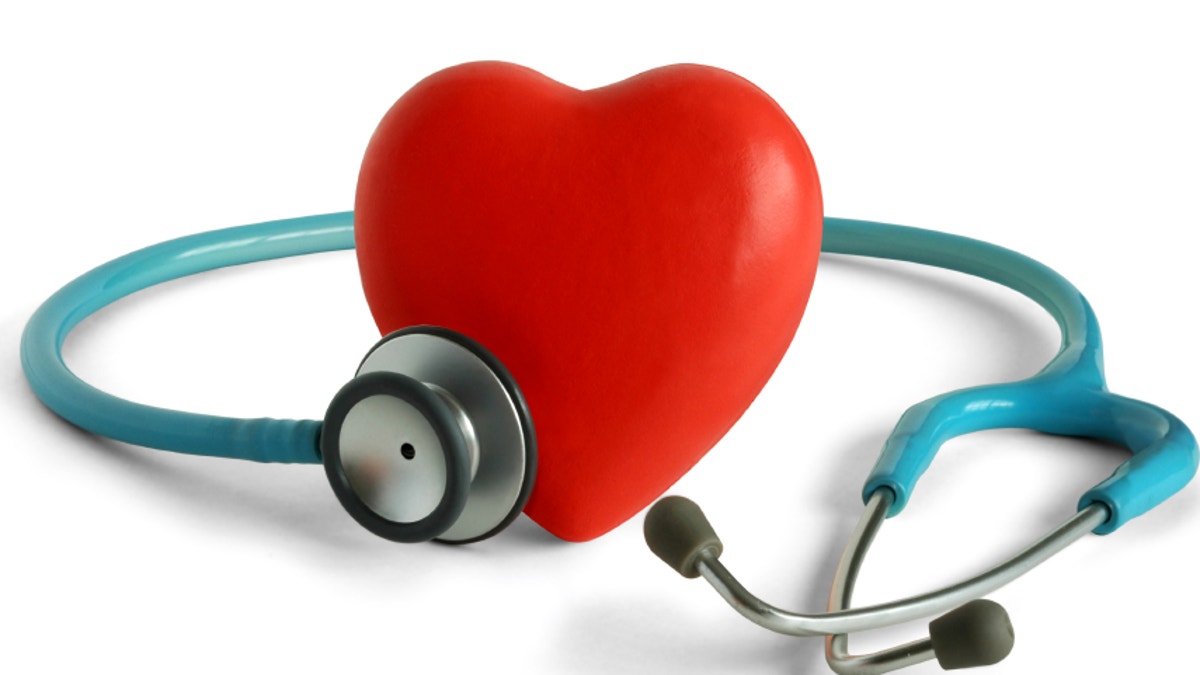
Sophisticated devices and nonsurgical techniques look to be the wave of the future in the battle against heart disease as drugmakers produce fewer new medicines to fight the world's leading cause of death.
Signs of the trend were evident in New Orleans both inside and outside the convention center where the American College of Cardiology (ACC) held its scientific meeting last week.
"Devices are becoming more important. They are more widely used and that will continue, especially in later stages of the disease," said Dr. Scott Wright, a cardiologist at Mayo Clinic.
Grabbing the spotlight at the meeting was a new method to replace aortic heart valves that spares patients the need to crack open the chest for surgery.
The technique, pioneered by Edwards Lifesciences Corp, uses a catheter to implant the new valve, requiring only a small incision. Doctors say this and a similar device being developed by Medtronic Inc will eventually become the standard of care.
"We have learned that mechanical problems are fixed by mechanical devices," said Dr. David Holmes, president of the ACC, who also works at the Mayo Clinic. "Devices have been brought along because they sometimes result in more reliable, reproducible outcomes."
The study on transcatheter aortic heart valve replacement showed that patients who received the minimally invasive implant fared as well as those who endured conventional open-heart surgery. While the method significantly cut recovery times, it also doubled the small risk of stroke.
"It will be important to hold devices up to the same standard as drugs and show they are as good as the alternative whether its drug therapy or surgery," Wright said.
Doctors noted that the great success of older heart drugs for high cholesterol and high blood pressure have not only lessened the urgency for new medicines, but are fueling the need for new devices.
"Medications are very effective at treating and preventing many forms of heart disease, which results in patients living longer, only to experience different diseases, aortic stenosis being a perfect example," said Dr. Micah Eimer, a cardiologist in suburban Chicago.
In the past, devices used in cardiology primarily addressed irregular heart rhythms. More recently, heart assist pumps have been used to strengthen a weak heart.
MINIMALLY INVASIVE
Going forward, Wright sees a continued rise in so-called interventional procedures, nonsurgical treatments that typically use a catheter to open narrowed coronary arteries or repair or implant a diseased heart valve.
Another study showcased at ACC demonstrated that a minimally invasive technique to repair a leaky mitral valve using Abbott Laboratories' MitraClip held up well after two years.
New and improved heart stents used to prop open diseased coronary arteries and deliver medicine that helps prevent re-clogging were also featured. Wright sees future generations of stents delivering drugs that promote cell growth in diseased vessels.
Other news from Abbott involved data on its experimental stent designed to eventually dissolve after doing its job, leaving the treated artery in a more natural state. But there was nary a word about new drugs on the horizon highlighted by the diversified healthcare company.
Pharmaceutical companies have increasingly turned their attention to high-priced drugs for cancer, autoimmune disease and other specialty areas, since there is already a flood of blood pressure and cholesterol treatments on the market.
Pfizer Inc, the world's biggest drugmaker, was emblematic of themove when it signaled in 2008 that it was retreating from research into new heart drugs, with the exception of a partnership with Bristol-Myers Squibb Co on a new blood clot preventer.
"I think it's a huge mistake for drug companies to cede the cardiovascular arena because that's the leading cause of death in the world and it's only going to increase," Holmes said.
RISE OF DEVICES
There were fewer important drug studies this year than perhaps at any previous ACC meeting. And the one that was featured — with a new blood clot preventer from Bayer AG and Johnson & Johnson called Xarelto — proved a failure in the population in which it was tested.
Evidence of the rise of devices was everywhere.
Plastic key cards used to enter hotel rooms were miniature ads for Medtronic's newest pacemaker, unlike in previous years when Pfizer's Lipitor had dominated ads and promotions.
Taxis traveling around cities hosting past major heart meetings were often covered with colorful reminders of AstraZeneca's cholesterol pill Crestor. Instead, this year buses all over downtown New Orleans were plastered with larger-than-life Medtronic pacemakers.
Drugs are inferior to pacemakers and implantable defibrillators when it comes to treating irregular heart beats, said Dr. William Zoghbi, a cardiologist at Methodist Hospital in Houston.
He noted that drugs, however effective, often have undesirable side effects or cannot be tolerated.
For example, a novel left atrial occlusion device can be used to prevent blood clots that can form in patients who have atrial fibrillation as an alternative for those who cannot use oral blood thinners, Zoghbi noted.
Methods for using heat or extreme cold are increasingly being employed to destroy abnormal heart tissue that causes atrial fibrillation — a common heart disorder that raises the risk of stroke and can lead to heart failure.
A variety of devices are being tested to lower extremely high blood pressure in patients for whom a combination of pills proved unable to do the trick.
Holmes predicted drugs will eventually make a comeback in the fight against heart disease once the promise of personalized medicine — or drugs tailored to an individual's genetic makeup —comes to fruition.
"We still have a long way to go for new drugs," he said.
"The next level will be those drugs that are tailored to specific patient needs that will be based on genetics, and that is a step that I think will lead to a rebirth."
